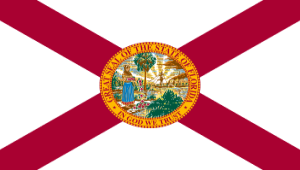Boat Salvage Experts
Ready to haul or tow your boat off to the salvage yard? Great, we can remove any boat on land or sea including sailboats, motorboats, catamarans or yachts. Boat trailer or not.
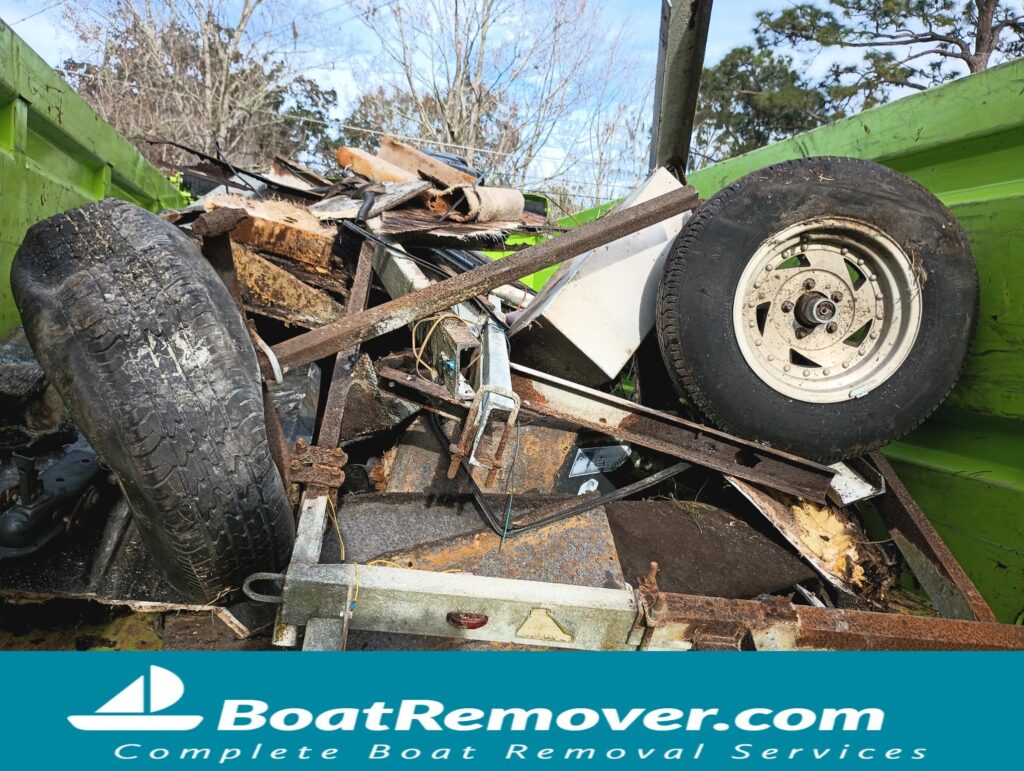
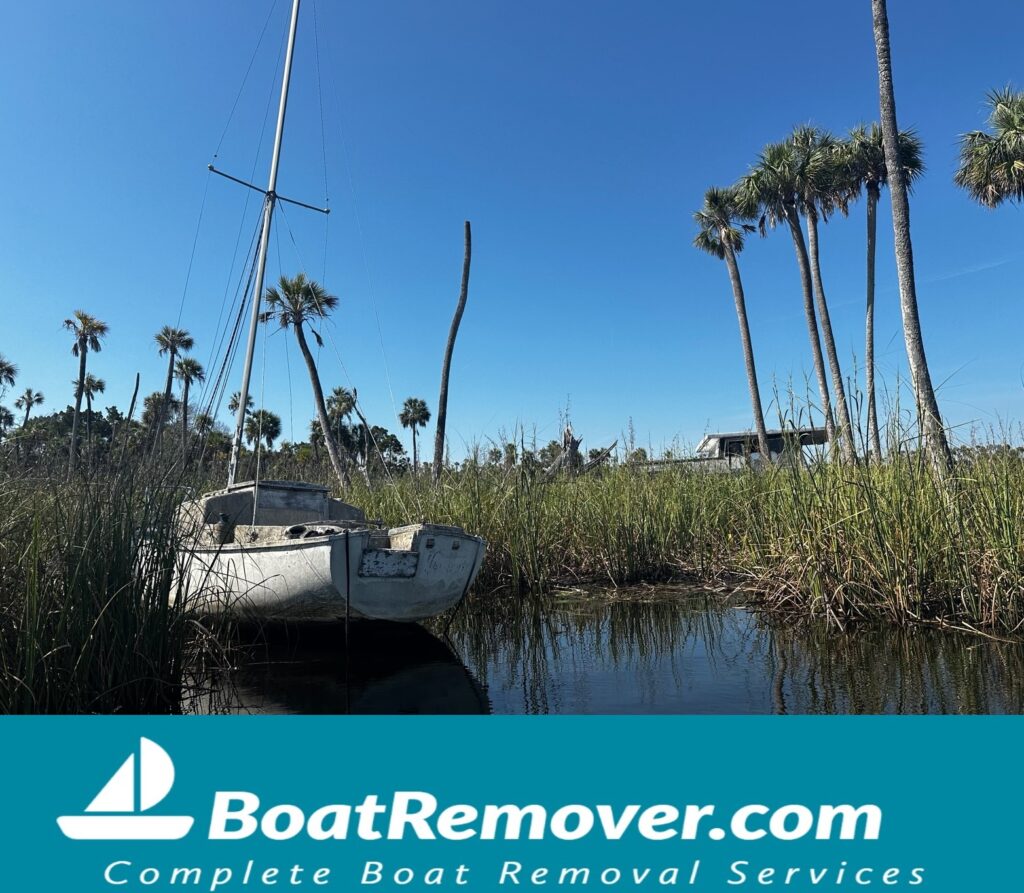
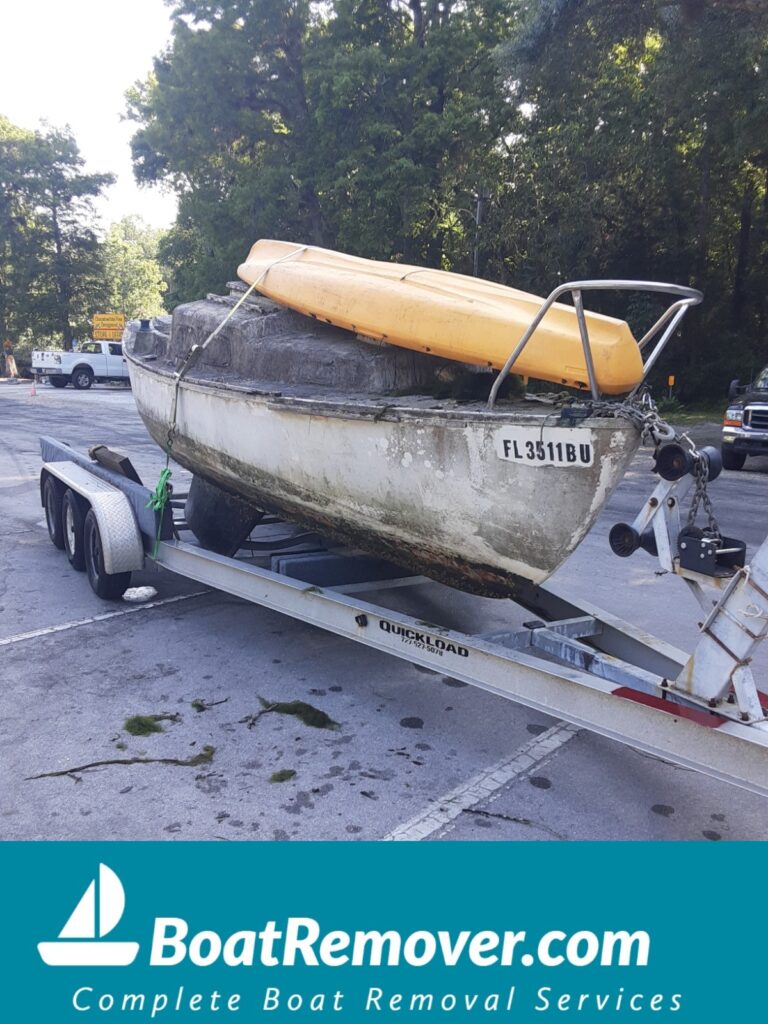

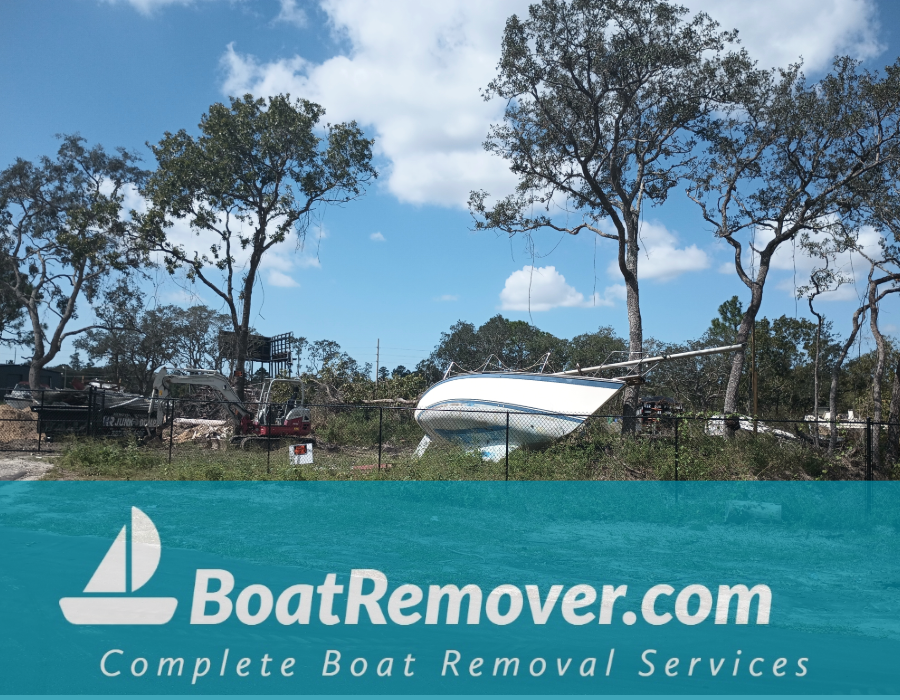
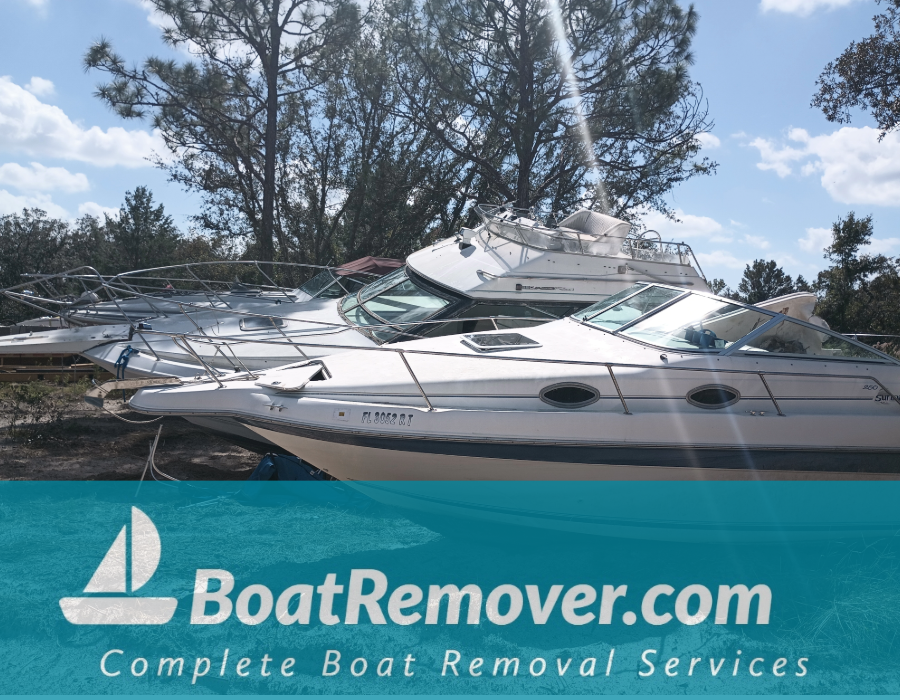
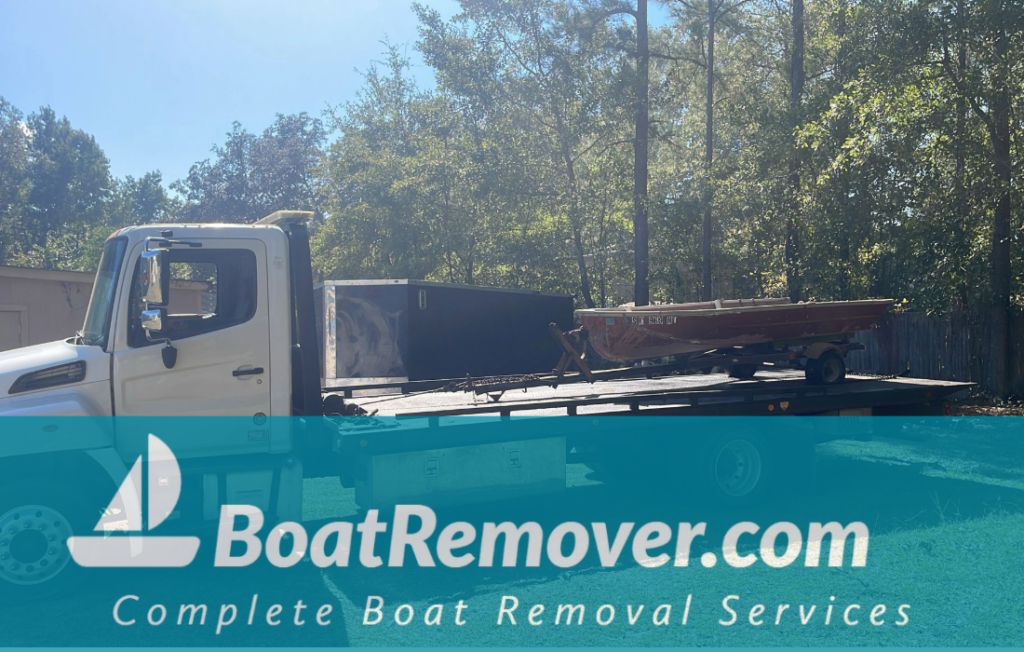
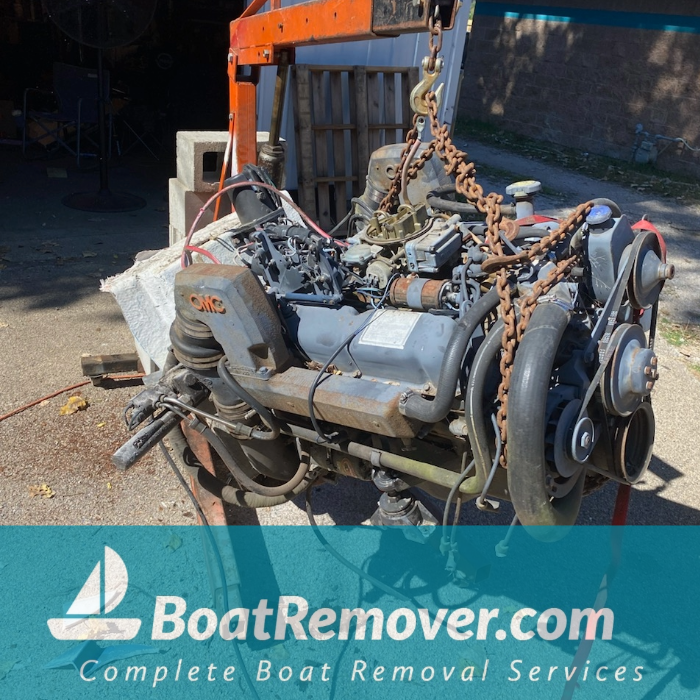
Salvage Yard Expediting
Boat Removers are go-to experts who offer solutions to expediting your boat’s best logistical path to marine salvage yards or we handle all the salvaging, repairing, and repurposing of the boat and marine equipment. The choice depends on the logistics of the boat’s location and the time frame involved in the job at hand. Importantly, the type of boat, sailboat or catamaran can make all the difference in choosing which solution for salvage is best suited to meet our price-point and our customers’ satisfaction.
Salvage Yards & the Boating Community
So, let’s dive into this complete exploration and discover the ins and outs of marine salvage yards, including their functions, services, and the crucial role they play not only in BoatRemover.com but in the maritime community. Read below for more information on salvage yards.
Salvage Yards
- Marine Salvage Yard’s Role & Purpose
- Boat Storage and Disposal
- Marine Salvage Yards Costs and Pricing
- Repair and Refurbishment at Salvage Yards
- Environmental Remediation
- Services Offered by Marine Salvage Yards
- Wreck Removal
- Boat Recovery
- Salvage Diving
- Boat Recycling
- Salvage Fees
- Storage Fees
- Disposal Costs
- Labor and Equipment Costs
- Environmental Compliance Costs
- Salvage Yard Discussion Summed Up
Marine Salvage Yard’s Role & Purpose
First off, what are marine salvage yards, and what’s their role or purpose? They are facilities dedicated to the salvage, storage, and recycling of vessels, marine equipment, and related materials.
These yards serve as repositories for salvaged boats, shipwrecks, and marine artifacts, offering a range of services to salvage operators, marine insurers, government agencies, and private individuals. The primary purpose of marine salvage yards is to recover, repair, and repurpose marine assets following accidents, disasters, or abandonment.
Boat Remover’s Salvage Boat Removal Expediting Service and Marine Salvage yards are involved in a variety of salvage operations, including wreck removal, any boat recovery including sailboats, and salvage diving. Our salvage operators deploy specialized equipment such as cranes, winches, divers, and salvage vessels to extract, tow, and refloat vessels stranded or sunk in navigable waters. Salvage yards provide staging areas for salvage operations, offering facilities for equipment storage, maintenance, and logistical support.
Boat Storage and Disposal
Salvaged boats and marine equipment are stored at marine salvage yards pending decree of salvage claims, insurance settlements, or legal proceedings.
Salvage yards may provide secure storage facilities for salvaged assets, offering protection from theft, vandalism, and environmental damage. Additionally, salvage yards oversee the disposal of unclaimed or unsalvageable boats, recycling materials and components in accordance with environmental regulations.
Marine Salvage Yards Costs and Pricing
The costs and pricing associated with marine salvage yards vary depending on factors. To name a few would be the boat’s length and beam, and storage duration.
Moreso, salvage yard and marine service pricing takes into consideration the complexity of salvage operations, not only the size but also the condition of salvaged assets, and the scope of services required.
Repair and Refurbishment at Salvage Yards
Most marine salvage yards offer repair and refurbishment services for salvaged boats (not all do, be sure and check first) restoring them to seaworthy condition or repurposing them for alternative uses.
Skilled craftsmen and marine technicians at salvage yards perform hull repairs, engine overhauls, structural modifications, and cosmetic enhancements to salvageable boats. Salvage yards may also refurbish salvaged equipment such as engines, generators, winches, and navigation systems for resale or reuse.
Environmental Remediation
Salvage yards are responsible for environmental remediation and pollution prevention measures associated with salvage operations.
Salvage operators work to mitigate environmental damage caused by boat accidents, spills, or leaks, implementing strategies to contain, recover, and dispose of pollutants safely. Marine salvage yards adhere to environmental regulations governing hazardous materials handling, waste disposal, and pollution prevention, minimizing the ecological impact of salvage activities.
Services Offered by Marine Salvage Yards
Salvage Consultation: Marine salvage yards provide consultation services to salvage operators, insurers, and vessel owners, offering expertise and guidance on salvage planning, risk assessment, and recovery strategies.
Salvage experts assess the feasibility and logistics of salvage operations, providing recommendations for equipment, personnel, and contingency planning.
Wreck Removal
Marine salvage yards specialize in wreck removal services, utilizing specialized equipment and techniques to extract, dismantle, and dispose of sunken or stranded boats.
Salvage operators employ cranes, barges, divers, and cutting tools to raise, cut, and remove wrecked boats from navigable waters, restoring navigational safety and environmental integrity.
Boat Recovery
Marine salvage yards facilitate boat recovery operations, assisting vessel owners and insurers in retrieving boats stranded, grounded, or adrift due to accidents, storms, or mechanical failures.
Salvage operators deploy towboats, salvage vessels, and underwater equipment to stabilize, refloat, and tow distressed boats to safety, minimizing damage and preventing further loss.
Salvage Diving
Marine salvage yards employ skilled divers and underwater technicians to perform salvage diving operations, inspecting, repairing, and recovering submerged vessels and marine equipment.
Salvage divers conduct underwater surveys, inspections, and repairs, utilizing specialized tools and equipment to assess damage, seal leaks, and secure salvageable assets.
Boat Recycling
Some marine salvage yards offer boat recycling services, dismantling and recycling decommissioned, abandoned, or damaged boats in an environmentally responsible manner.
Salvage operators dismantle boats, segregating recyclable materials such as metal, glass, and plastic for processing and reuse. Salvage yards collaborate with recycling facilities to maximize resource recovery and minimize waste generation.
Salvage Fees
Salvage fees are charges levied by marine salvage yards for their services, including wreck removal, vessel recovery, salvage diving, and storage.
Salvage fees may be calculated based on factors such as the value of salvaged assets, the level of risk and difficulty associated with salvage operations, and the extent of services provided. Salvage yards may charge fixed fees, hourly rates, or contingency-based fees contingent upon the successful completion of salvage operations.
Storage Fees
Storage fees are charges for storing salvaged boats and equipment at marine salvage yards pending resolution of salvage claims, insurance settlements, or legal proceedings.
Storage fees may be assessed based on factors such as the size and duration of storage, the value of salvaged assets, and the facilities and amenities provided. Salvage yards may charge monthly or daily storage fees, with rates varying depending on the type and size of assets or in this case boats stored.
Disposal Costs
Disposal costs encompass expenses associated with the disposal of unclaimed or unsalvageable vessels, as well as the recycling or disposal of salvaged materials and components.
Disposal costs may include fees for waste disposal, recycling services, environmental remediation, and regulatory compliance. Salvage yards collaborate with recycling facilities and waste management providers to ensure the proper handling and disposal of salvaged materials, minimizing environmental impact and liability.
Labor and Equipment Costs
Labor and equipment costs are significant components of salvage yard expenses, covering the wages of salvage personnel and the operation and maintenance of salvage equipment and machinery.
Labor costs may be calculated based on hourly rates for salvage technicians, divers, and support staff, while equipment costs may include rental fees or usage charges for cranes, winches, barges, and specialized tools. Salvage yards may pass these costs on to clients through service fees, surcharges, or itemized billing.
Environmental Compliance Costs
Environmental compliance costs encompass expenses related to complying with regulatory requirements governing salvage operations, hazardous materials handling, waste disposal, and pollution prevention measures.
Salvage yards invest in training, monitoring, and documentation to ensure compliance with environmental laws and regulations, minimizing the risk of fines, penalties, and legal liabilities. Environmental compliance costs may be factored into overall pricing structures or passed on to clients as separate charges for environmental services.
Salvage Yard Discussion Summed Up
Marine salvage yards serve as essential hubs for Boat Removal operations, and are of resource in the maritime industry, providing a wide range of services to salvage operators, insurers, boat owners, and government agencies.
Through boat removal, boat recovery, salvage diving, and boat recycling, marine salvage yards play a vital role in restoring navigational safety, protecting environmental integrity, and preserving maritime heritage.
Boat Removal Topics
- Boat Removal Service – Start to Finish
- Fast Boat Removal
- Who Would Need a Boat Removed?
- Motorboat & Sailboat Recycling / Repurposing
- Boat Removal – States, Cities, Areas We Serve?
- Boat Removal VS Junk Removal
- Boat Removal for Hire
Boat Removal Quote
Contact Us
Email Us Directly: boatremoverllc@gmail.com
Get on the Schedule by Phone
Get on the Schedule Online
Locations
For coastal dispatch locations please visit: Locations.
Boat Removal Gallery
Visit the Gallery of Junk Boats, Disposed, Salvaged & Recycled



